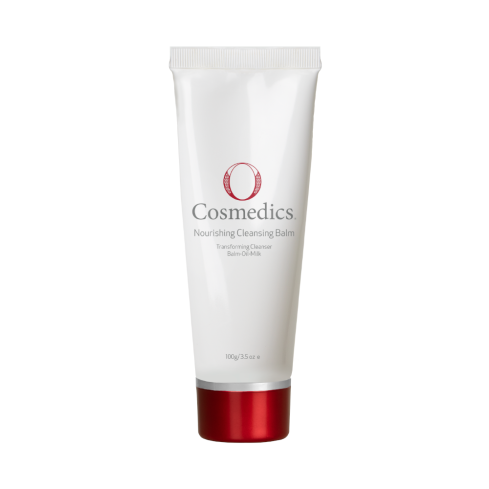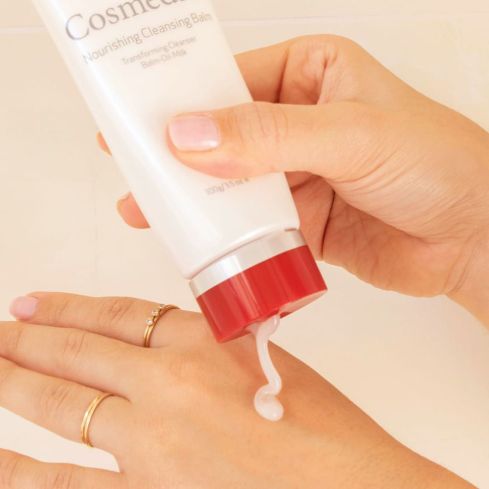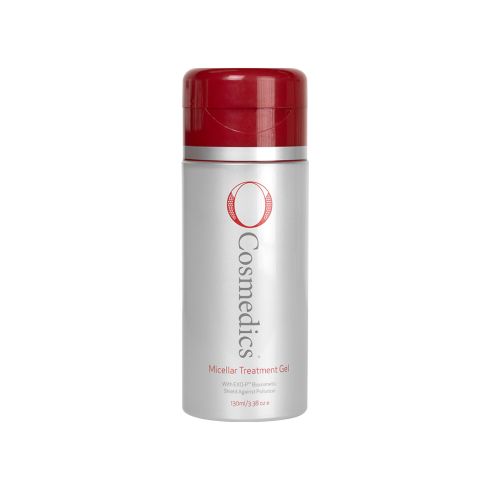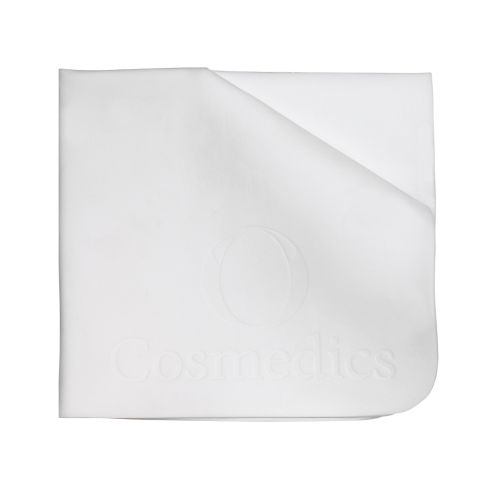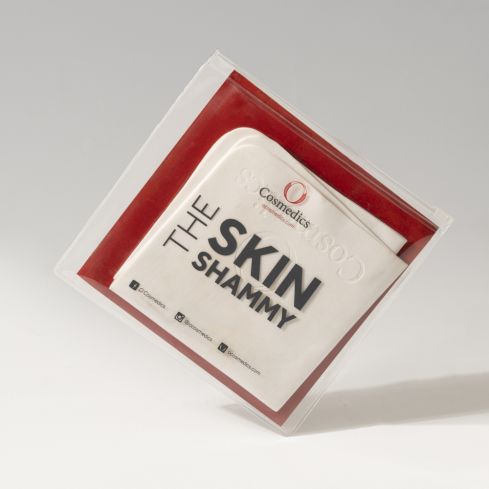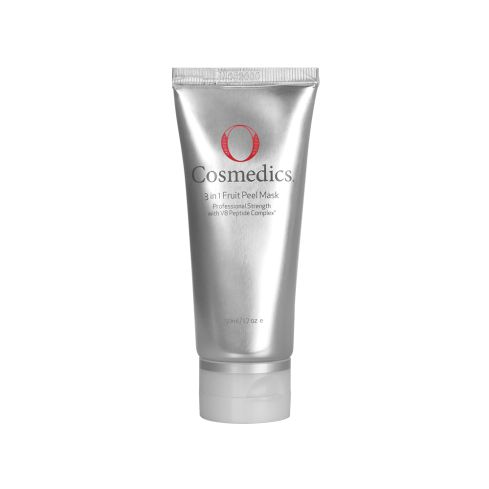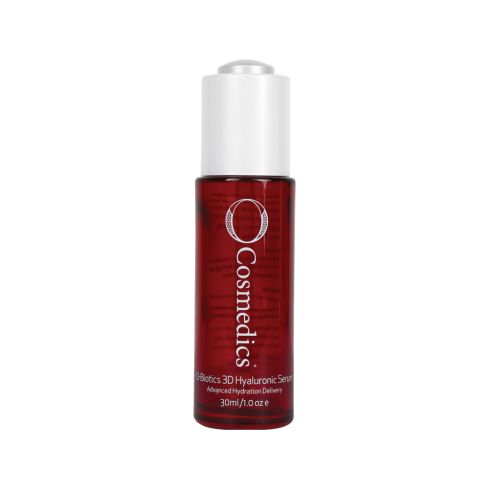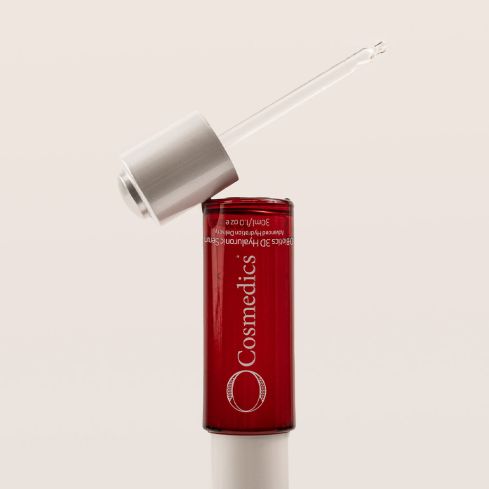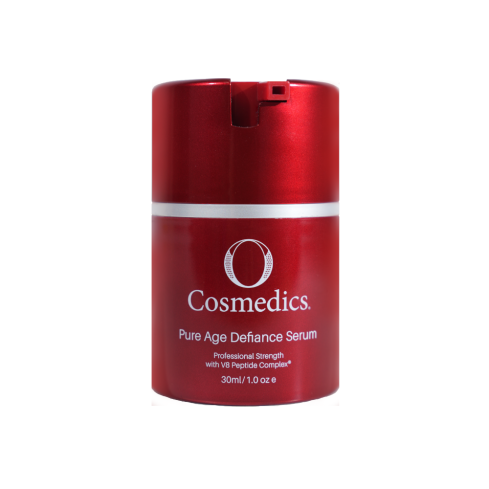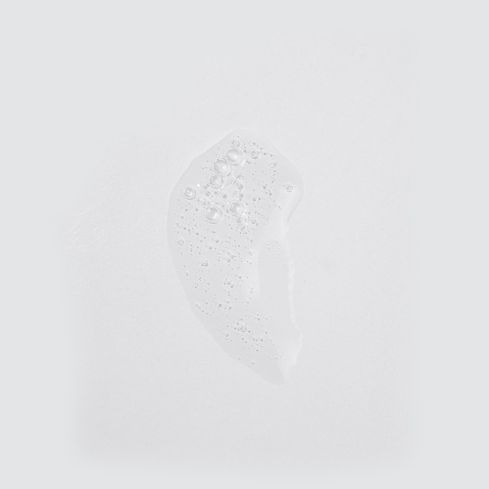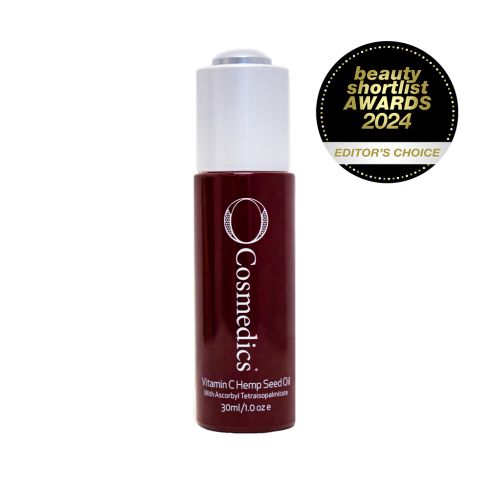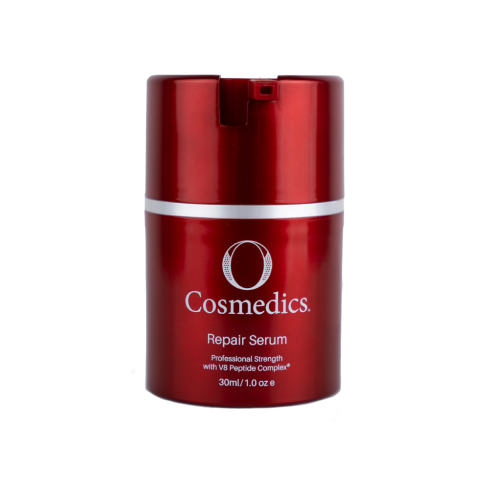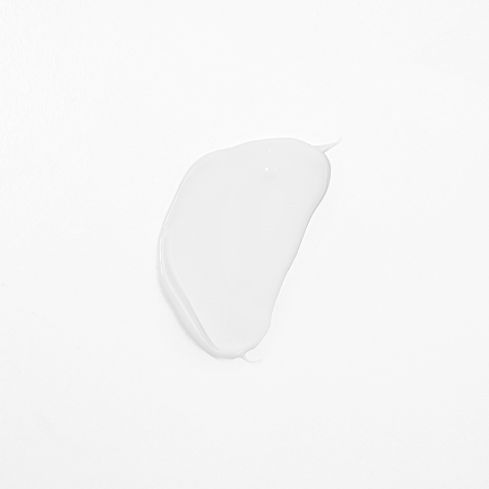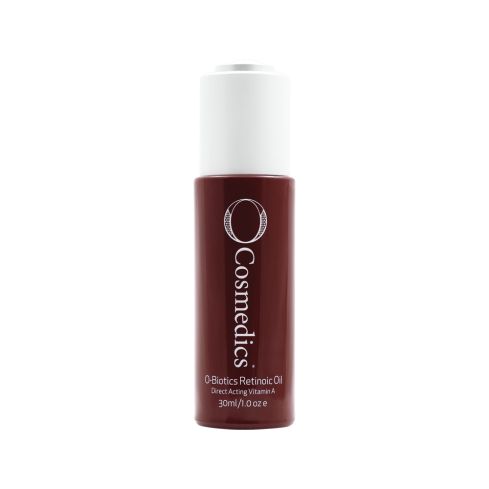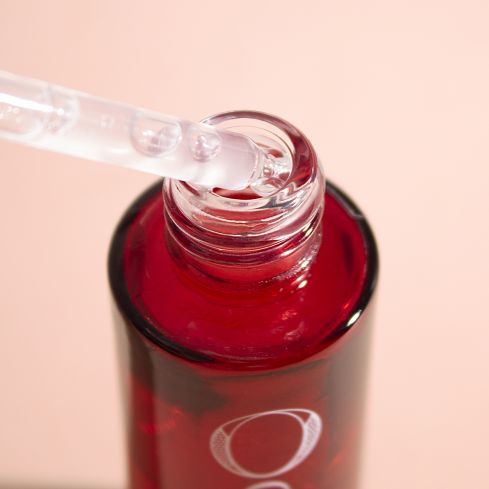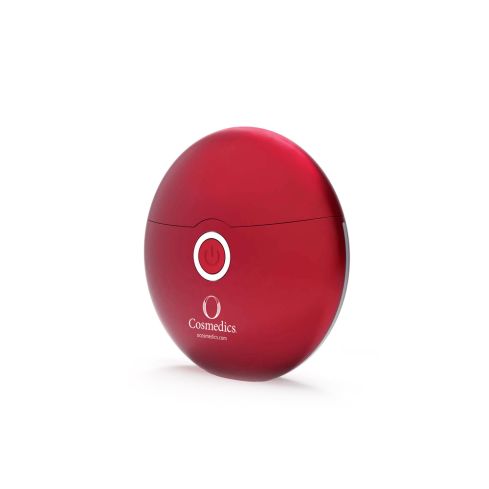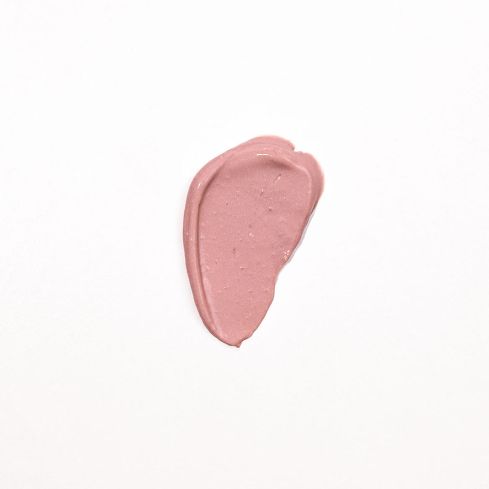
Sensitive/Compromised
A cosmedical brand, O Cosmedics was designed to be prescribed in-clinic by professional O Skin Experts who we trust (and are highly qualified) to support and guide you on your skin health journey. We believe that in order to achieve skin health, youth, confidence and ultimate transformations you should first visit an O Skin Expert for a skin analysis, diagnosis and prescription. Aside from the wealth of knowledge and boosted results you’ll enjoy by visiting a Clinic, you’ll also guarantee the products you’re using are right for your skin, saving your money and time. We are committed to transforming skin through a multi-faceted skin treatment approach, both home care and in-clinic treatments, to get the best out of our skin. We’re yet to find a way to have a qualified O Skin Expert pop out of your screen to prescribe a tailored routine to achieve your skin goals, so until then, we recommend you Find a Clinic and an O Expert to begin!
FAQ
Sensitive skin is a term used to describe a genetic skin type that is more prone to respond and react to various environmental factors and skincare products. Individuals with sensitive skin may experience dehydration, dryness, flaky areas and a general feeling of discomfort. If left untreated this can lead to irritation, redness, or itching more easily than those with other skin types. To address the unique needs of sensitive skin, specialised face products for sensitive skin should be considered to avoid skin irritation.
The increased sensitivity of the skin can be attributed to several factors, such as genetic predisposition, environmental influences, and specific components in skincare or cosmetic items. Harsh fragrances and harsh chemicals commonly present in cosmetic products, along with excessive or incorrect use of skincare products containing potent, active ingredients, are frequent culprits. Additionally, certain skin conditions like eczema, rosacea, or psoriasis can generally occur more in sensitive skin. Moreover, factors like hormonal fluctuations and environmental variations, such as changes in weather or seasons, can also impact skin sensitivity. To address these concerns, incorporating a thoughtful approach to sensitive skin care, including the use of specialised skincare for sensitive skin and gentle face products, is crucial for maintaining skin health and comfort.
Determining whether you have sensitive skin requires careful observation of how your skin responds to environmental elements and skincare products. Recognising signs and characteristics that suggest sensitivity can guide you towards adopting a tailored sensitive skin care routine. If you have sensitive skin, you may experience frequent redness, bouts of dryness and flaky areas as well as tight sensation to the skin. Sensitive skin can feel as though you react or respond to any skincare products you put on it. Sensitive skin is also prone to having an impaired skin barrier, break outs and reactivity to weather changes. If you have a history of skin conditions like eczema, rosacea, or dermatitis, you might be predisposed to sensitive skin, emphasising the importance of choosing suitable sensitive skin products.
Sensitive skin requires gentle and soothing ingredients that work to repair and maintain a healthy, balanced skin barrier to avoid irritation and maintain optimal hydration and oil levels. Some of the key ingredients in our face products for sensitive skin includes:
• Hyaluronic acid - A hydrating ingredient that helps to retain moisture in the skin without causing irritation. Our 3D Hyaluronic Serum or Pure Age Defiance Serum makes great face products for sensitive skin, including those prone to dryness.
• Symglucan - Our Medi-Soothe features Symglucan, a natural ingredient made from Oats which offers anti-inflammatory properties and can help soothe irritated skin.
• Seabuckthorn Extract – Featured in Youth Activating Oil-Balm, this ingredient is incredibly healing, anti-inflammatory and contains over 190 nutrients and phytonutrients.
• Skin Repair Complex® – A highly effective skin barrier repair complex found in our EGF Booster and Recovery Cream which quickly restores the skin’s natural moisturising factor.
If you have compromised or sensitive skin, it's essential to be aware about certain active ingredients that may potentially exacerbate irritation or cause further damage. Here are some ingredients to look out for in your skincare for sensitive skin:
• Harsh Fragrances - Harsh fragrances, whether synthetic or natural, can be irritating to sensitive skin. Opt for clinically proven low irritant fragrances in product formulations of sensitive skin products to reduce the risk of allergic reactions or irritation.
• Alcohol - Some skincare products contain high concentrations of alcohol, which can be drying and irritating. Look for alcohol-free formulations in your face products for sensitive skin, especially if your skin is prone to dryness.
• Strong Acids - Highly acidic ingredients, such as strong alpha hydroxy acids (AHAs) and beta hydroxy acids (BHAs), can be harsh on compromised skin. Start with lower concentrations and gradually introduce them into your routine.
• Retinoids - Retinoids, like retinol and prescription-strength retinoids, can be too aggressive for compromised skin. They may cause redness, peeling, and increased sensitivity. Consult with a Skin Expert before using retinol, and if advised or unsure, start with less aggressive forms of retinoids in skincare for sensitive skin such as retinioc esters in oil formulations like Retinoic Oil.
• Vitamin C (L-Ascorbic Acid) - While vitamin C is beneficial for many skin types, the L-ascorbic acid form can be too strong for sensitive skin. Consider using a milder form of vitamin C in your skincare for sensitive skin, such as Vitamin C Hemp Seed Oil.
• Sulfates - Sulfates are common foaming agents in cleansers but can be drying for some individuals. Look for sulfate-free options in your skincare for sensitive skin, especially if your skin is prone to dryness or irritation.
• Essential Oils - Some essential oils, even in small concentrations, can be irritating to sensitive skin. Patch-test products containing essential oils or choose sensitive skin products without them.
• Harsh Cleansers - Avoid cleansers that strip the skin of its natural oils. Try using mild, soothing cleansers that are gentle on the skin's barrier such as Nourishing Cleansing Balm.
It's crucial to introduce new products gradually, perform patch tests, and observe how your skin responds. Remember that everyone's skin is unique, and what works for one person may not work for another. Understanding your skin's sensitivity and adopting a gentle sensitive skin care routine can help manage and prevent potential reactions.
For guidance on sensitive skin care, visit your nearest O skin clinic or start a live chat on our website with an O Skin Expert. They can provide personalised advice on suitable face products for sensitive skin to introduce into your skincare routine.



